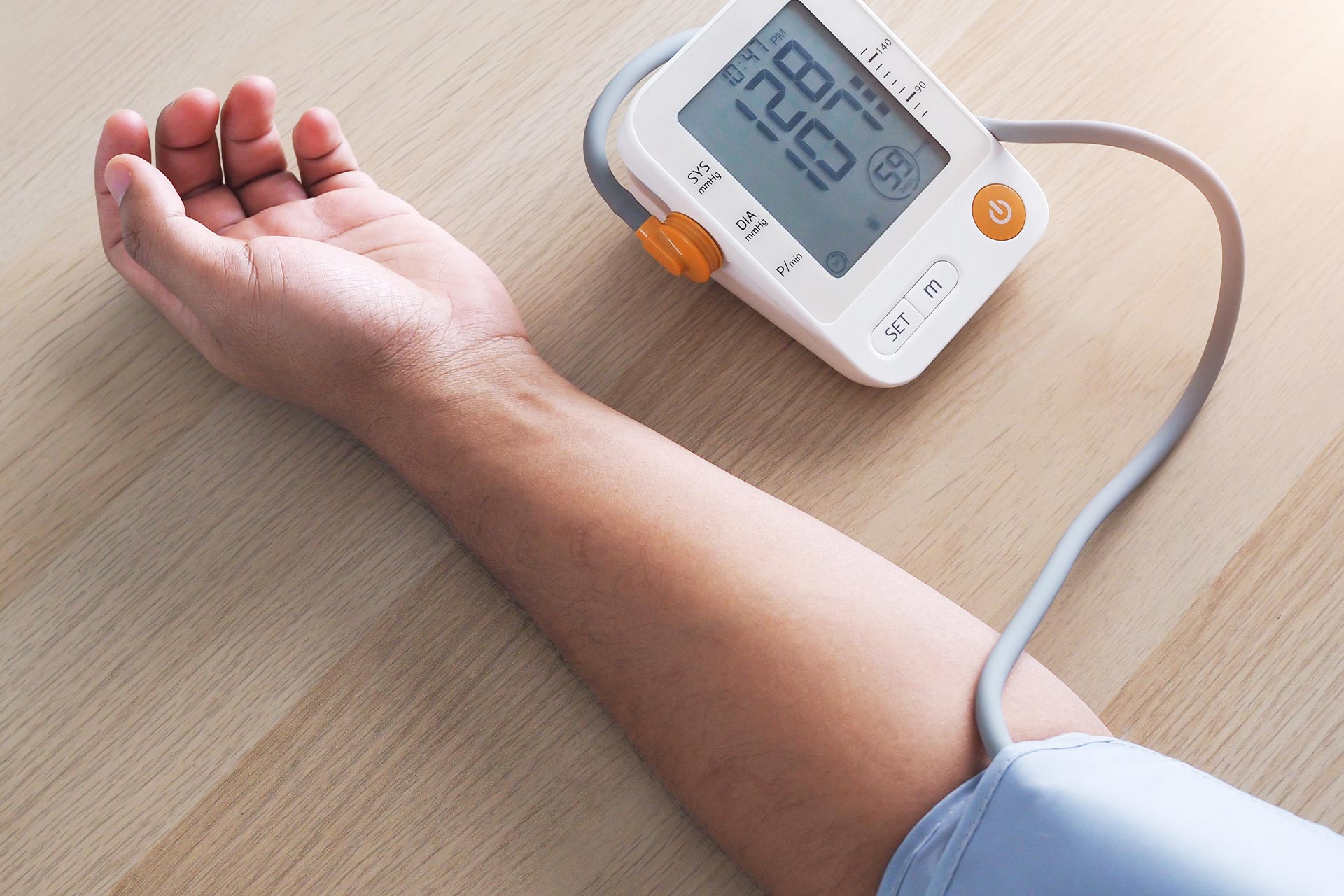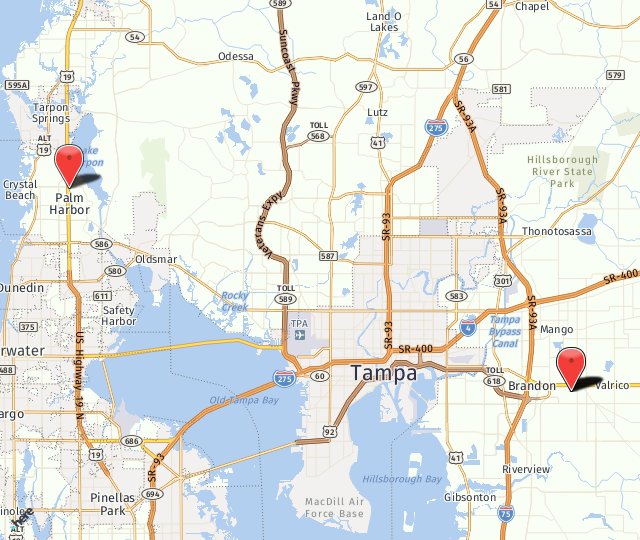Are you aware of your current blood pressure level?
Determining it can be a challenging task, as it is influenced by recent physical activities and emotional state. However, it plays a crucial role in assessing your overall health. That is why, during a medical examination, it is always measured alongside your weight and temperature.
Monitoring your blood pressure level is an essential aspect of maintaining good health. It is particularly important for those with a history of hypertension, diabetes, or cardiovascular disease. Therefore, regular monitoring of your blood pressure level is highly recommended, and any abnormalities should be addressed promptly.
What is blood pressure?
A blood pressure reading is a measure of the force of blood against the walls of blood vessels as it circulates from the heart. When this pressure exceeds normal levels, it is classified as hypertension. Hypertension causes excessive strain on the heart, which in turn must work harder to pump blood. Over time, this increased workload can lead to a variety of serious medical complications, including stroke, kidney disease, and heart failure. It is, therefore, essential to monitor blood pressure regularly and seek medical intervention if hypertension is detected.
How can you lower blood pressure?
There are natural and holistic ways to control your blood pressure. You might be surprised at how simple it can be. Celery contains phthalides, which are chemicals that dilate blood vessels and act as a diuretic, similar to certain blood pressure-lowering drugs. Celery becomes even more potent if you add a little hummus or nut butter, such as almond butter, which increases your fiber and protein intake. You can also make a superfood juice by adding beets and carrots to celery to help lower blood pressure.
Cold-water fish (wild, not farmed) are rich in anti-inflammatory omega-3 fats, which are well known for their cardiovascular benefits. Other foods like broccoli, black beans, gluten-free oats, strawberries, blueberries, and raspberries are all high in fiber, vitamins C and B, and other ingredients that help lower blood pressure.
Plant-based diets with fruits and vegetables are the best methods for controlling blood pressure. DASH (Dietary Approaches to Stop Hypertension) is an eating plan recommended by the National Institute of Health that lists foods known to help you achieve your goal of healthy blood pressure.



